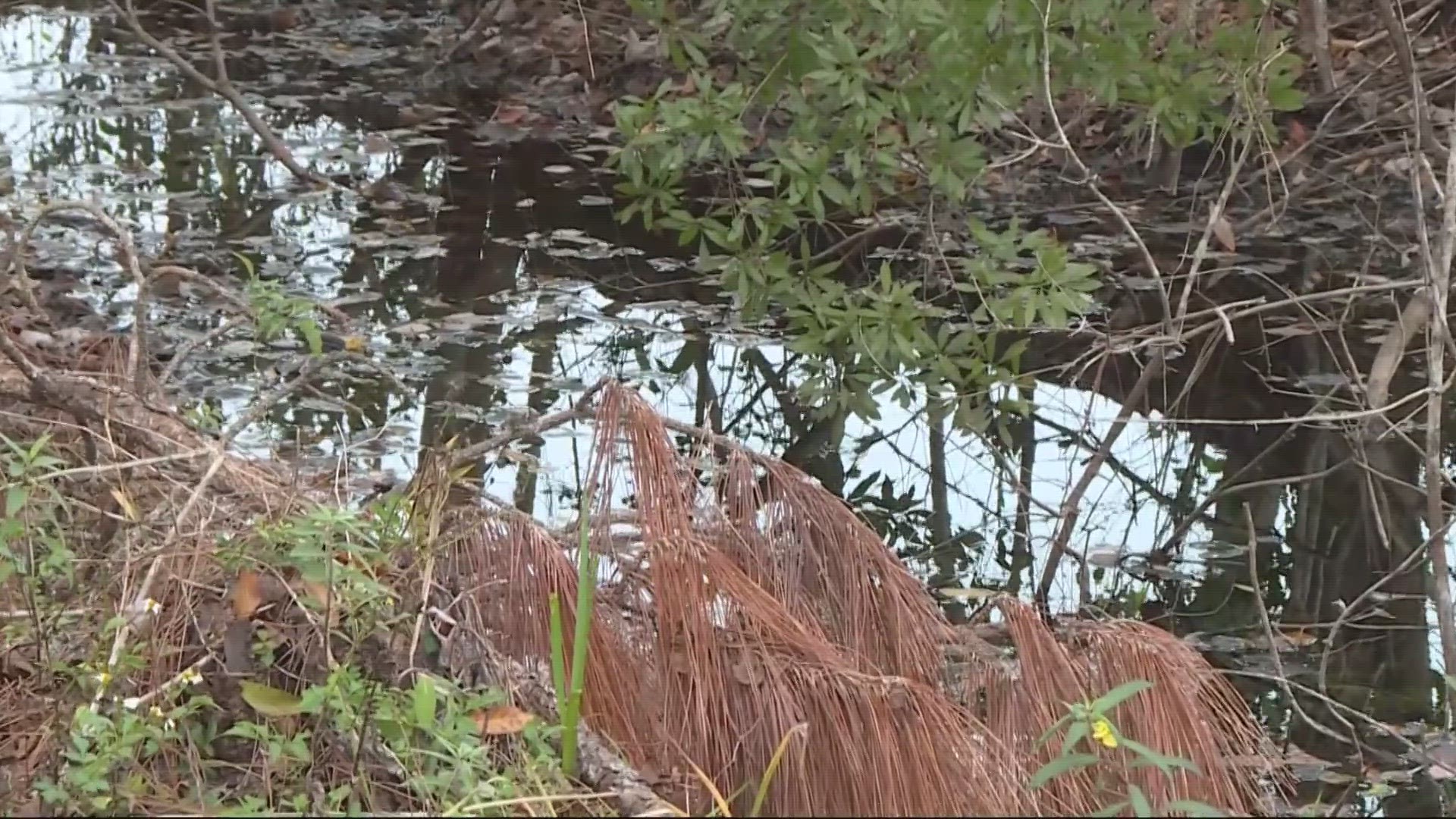ST. LOUIS — The Supreme Court ruled to roll back the federal government’s power to protect some wetlands.
Note: The video above is from 5 On Your Side sister station WTLV.
A new decision weakened the Clean Water Act, a 1976 landmark environmental law. It will make it easier for farmers and developers to fill, dig up or otherwise disturb wetlands near rivers, lakes and streams.
The court decided to draw a distinction between wetlands that were "adjoining" to "waters of the United States" and "adjacent" waters. Adjacent waters could not be regulated.
The majority opinion, written by Justice Samuel Alito said federally protected wetlands must be directly adjacent to a “relatively permanent” waterway “connected to traditional interstate navigable waters," such as a river or ocean.
Justice Brett Kavanaugh said the majority likely stripped protections from wetlands that were long considered regulated, including those behind levees along the flood-prone Mississippi River.
Kavanaugh wrote:
The difference between “adjacent” and “adjoining” in this context is not merely semantic or academic. The Court’s rewriting of “adjacent” to mean “adjoining” will matter a great deal in the real world. In particular, the Court’s new and overly narrow test may leave long-regulated and long accepted-to-be-regulable wetlands suddenly beyond the scope of the agencies’ regulatory authority, with negative consequences for waters of the United States. For example, the Mississippi River features an extensive levee system to prevent flooding. Under the Court’s “continuous surface connection” test, the presence of those levees (the equivalent of a dike) would seemingly preclude Clean Water Act coverage of adjacent wetlands on the other side of the levees, even though the adjacent wetlands are often an important part of the flood-control project.
Kavanaugh pointed to evidence that pollutants in adjacent waters do affect downstream and nearby waters. He also wrote that the new test could cause more confusion.
Justice Elena Kagan, one of three liberals on the court, said the majority rewrote the law to reach the political decision it wanted by coming up with new ways to curtail environmental protection powers Congress gave the Environmental Protection Agency.
States may become a battleground as they write their own laws, with red states and blue states taking different approaches to protecting wetlands.
The Associated Press contributed to this report.

